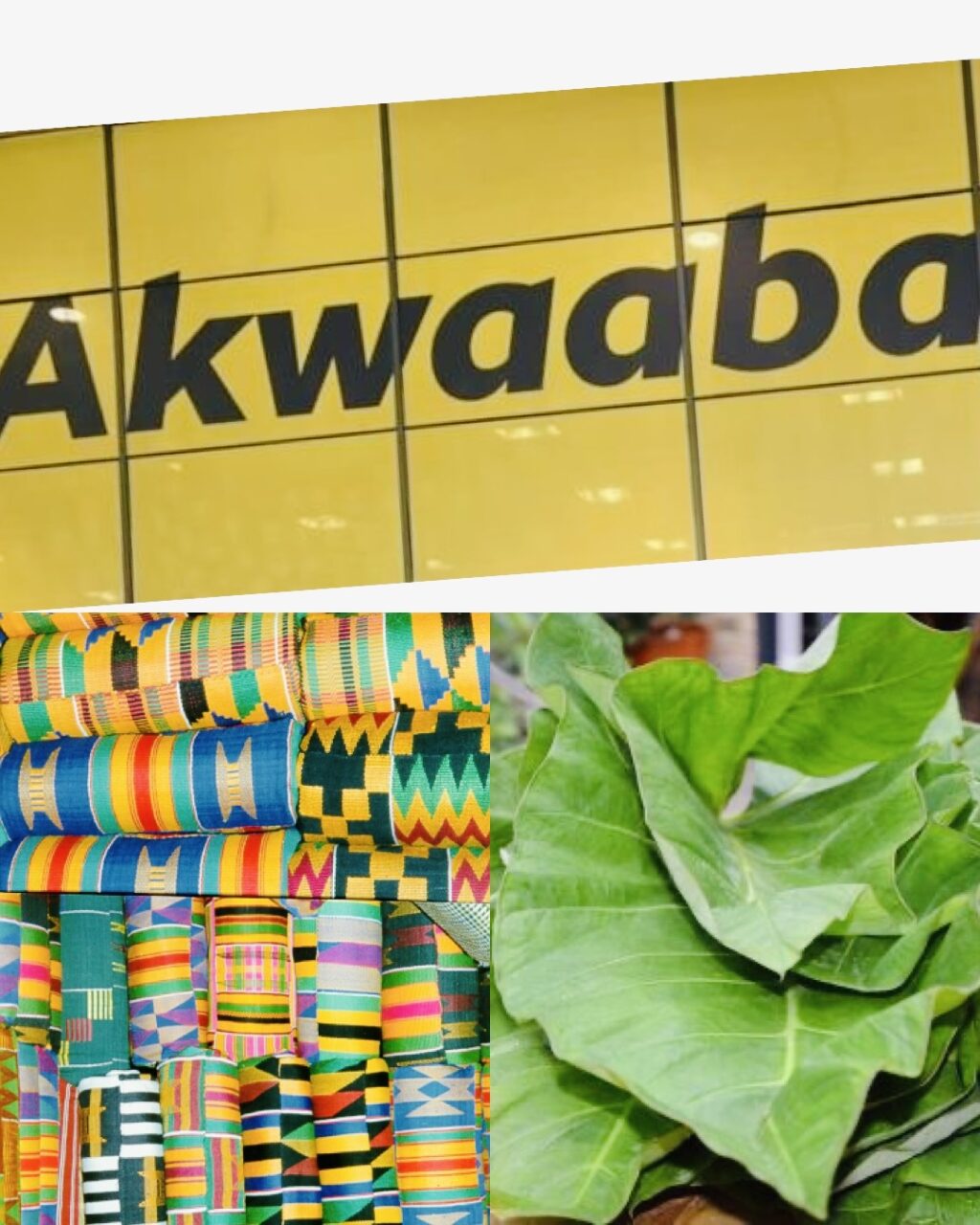
Ghana is known for its rich culture and unique traditions. Among its many contributions to global culture are some widely recognized terms that have found their way into everyday conversations both locally and internationally. Words like “Akwaaba,” a warm welcome greeting; “Dumsor,” a term describing power outages; “Kente,” the iconic colorful fabric; and “Kwashiorkor,” a term used in medical contexts to describe severe malnutrition, are just a few examples. In this post, I will delve into the meanings, origins, and the cultural significance of these popular Ghanaian language terms, and explore why they hold a special place in the hearts of many.
Starting with one of the most popular term, “Akwaaba,” this word has its roots in the Akan language spoken in Ghana. Interestingly, the Akan people of Ivory Coast, a neighboring country of Ghana, also use “Akwaaba” to convey the same meaning: welcome. This cross-border usage gained attention during the recent African Cup of Nations hosted in Ivory Coast, where the term was prominently displayed on various brands, buses, and at the airport. In Ghana, “Akwaaba” is widely visible on an MTN advertising boards at Kotoka International Airport, warmly greeting visitors and arrivals. Etymologically, the term consists of “a-” (a nominal prefix), “kɔ” (the root word which has undergone the phonological process of labialization to become “kwa”), and “-aba” (meaning “has come”). Together, these elements form the welcoming phrase “Akwaaba.”
Next on the list is “Kente.” Kente is a renowned costume from Ghana, predominantly used by the Akan people. However, it is also embraced by the Ewes and almost every other tribe in the country. Due to its prestigious status, Kente is traditionally worn by chiefs, kings, royals, and affluent individuals. Etymologically, the term “Kente” is derived from the Akan word “kɛntɛn,” which means “basket,” referencing its intricate, basket-like patterns. Internationally recognized for its beautiful colors and patterns, Kente has become a symbol of Ghanaian culture and craftsmanship and it has found its way in the English ditionary.
There is also the well-known term “Dumsor.” This term is widely used in Ghana’s power sector. Etymologically, “Dumsor” is derived from the Akan words “dum” (to switch off) and “sɔ” (to switch on). It is used to describe the frequent load shedding and energy crises in the country. The term has been anglicized into “Dumsor” and has even found its way into the English dictionary.
Next to “dumsor” is “kwashiorkor,” a term very popular in the health sector to describe a form of severe malnutrition that occurs primarily in children. The etymology of the term is rooted in the Ga language, spoken in Ghana’s capital region of Greater Accra. The exact origin of the word is uncertain; some believe it is a ritual name given to a second child, while others think it connotes jealousy between siblings. Today, “kwashiorkor” is recognized in both online and offline English dictionaries.
The last term is “kontomire” (or “kontombire”). Kontomire is derived from the leaves of the cocoyam plant and is well-known for the delicious taste it adds to stews and soups. It is also commonly referred to as a green leafy plant. The word’s etymology is rooted in the Akan language, with a breakdown of “ɛ-” (an Akan nominal prefix), “nnkɔ” (meaning “do not go”), and “mbire” (meaning “mushroom”). There is an oral literature account explaining the origin of the name that I will update very soon. Stay tuned.
Have your say. What are some of the most popular Ghanaian language term you know? Share with us on all our socials.
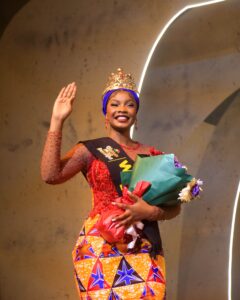
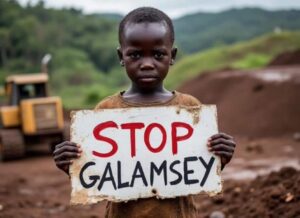

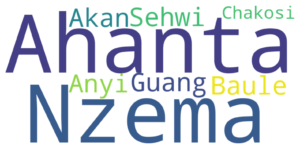
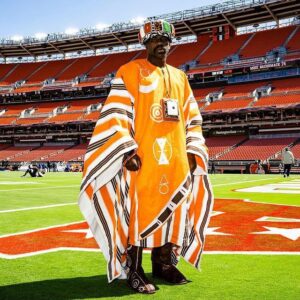
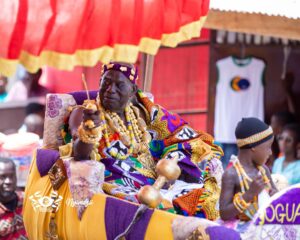
Another beautiful piece. Thank you so much
Thank you for always loving our contents.